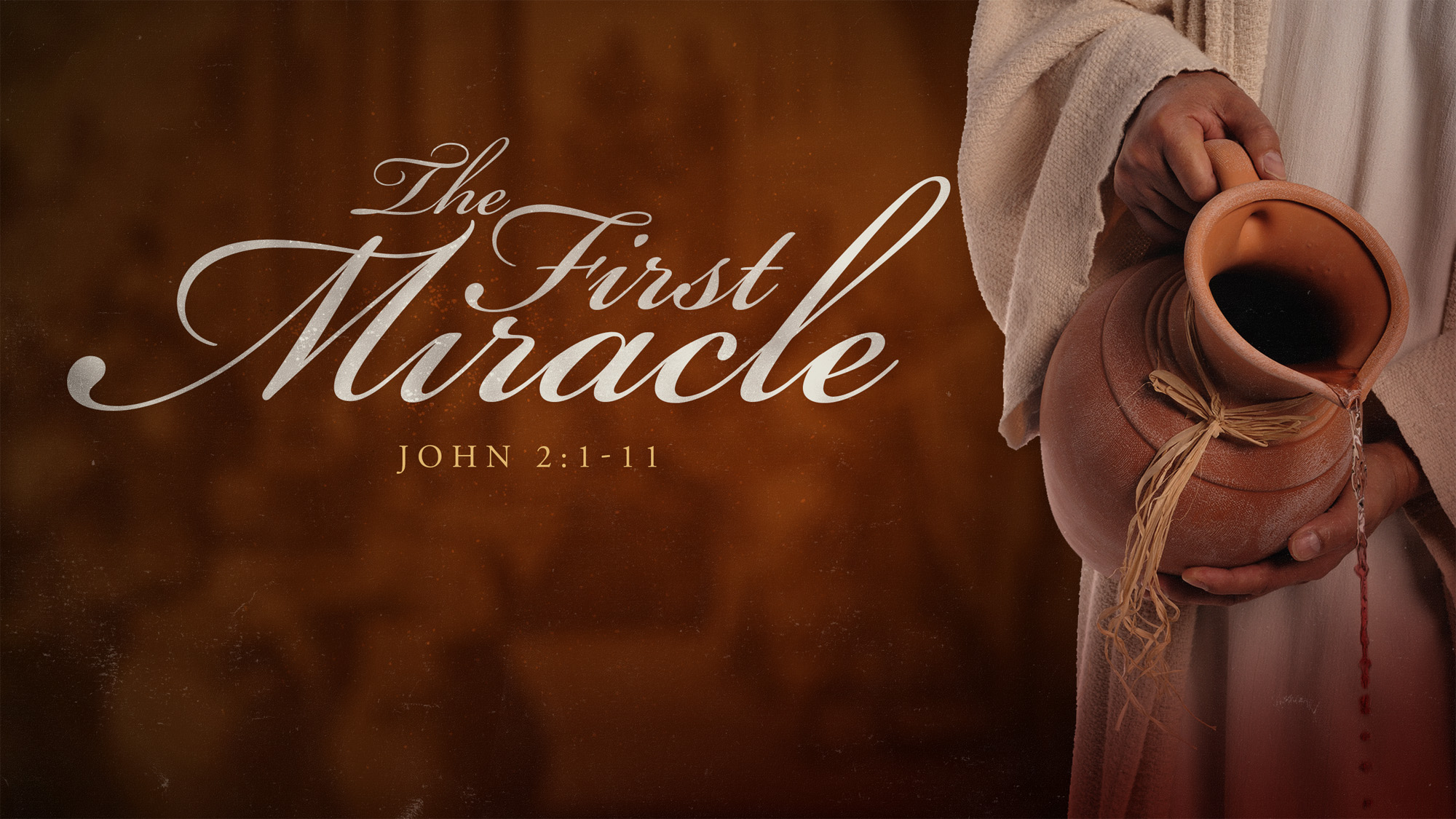 « To speak or not to speak: that is the question”, some would say…
« To speak or not to speak: that is the question”, some would say…
This is what we are confronted with in the last lines of this Sunday’s gospel (Mt.10:26-33, 12th Sunday of the Year, Year A) as we hear Jesus tell us:
“If anyone declares himself for me in the presence of people,
I will declare myself for that person
in the presence of my Father in heaven.
But the one who disowns me in the presence of people,
I will disown in the presence of my Father in heaven.”
Words that are direct, challenging and perhaps a little disturbing…
Disturbing in this day and age when many will tell you that religion is a private matter.
Some people claim that one should keep to oneself what he or she believes.
We are not to bother others with matters of faith, they say.
Matters of faith which may not interest them, in any case, and which may even antagonize them.
It is true that much harm can be done by speaking in a way that shows no respect for the beliefs of others.
Trying to coerce people to take on our own ways of relating to God – for this is what religion is about – is certainly not what he expects from us.
Yet, there are times when we should speak, situations which call for our intervention.
But we should speak with tact as much as enthusiasm.
Our words should be voiced with as much discretion as conviction.
To be a witness, surely, to speak for God and about God, most certainly but…
it should be done with consideration, compassion, as much as conviction.
We need to allow the Holy Spirit to guide us to speak or not to speak…
He is the one who will enable us to blend, in the proper way, wise speech and respectful silence…

 “He is under the influence…” This expression has come to be used for someone “driving under the influence of alcohol or drugs.”
“He is under the influence…” This expression has come to be used for someone “driving under the influence of alcohol or drugs.”


 I can imagine Mary noticing what was happening – a serious shortage of wine for the feast – and making a ‘sign’ to her son, Jesus. Then, THE ‘sign’ followed – that of Jesus, his miracle, changing the water into wine. This part is the one that remains imprinted in our memories, but the previous section is as important: the noticing and the feeling concerned, concerned enough to do something about the situation of need.
I can imagine Mary noticing what was happening – a serious shortage of wine for the feast – and making a ‘sign’ to her son, Jesus. Then, THE ‘sign’ followed – that of Jesus, his miracle, changing the water into wine. This part is the one that remains imprinted in our memories, but the previous section is as important: the noticing and the feeling concerned, concerned enough to do something about the situation of need.